The young people this year are "squatting" an ideal city
Author:Ideal country Time:2022.08.12

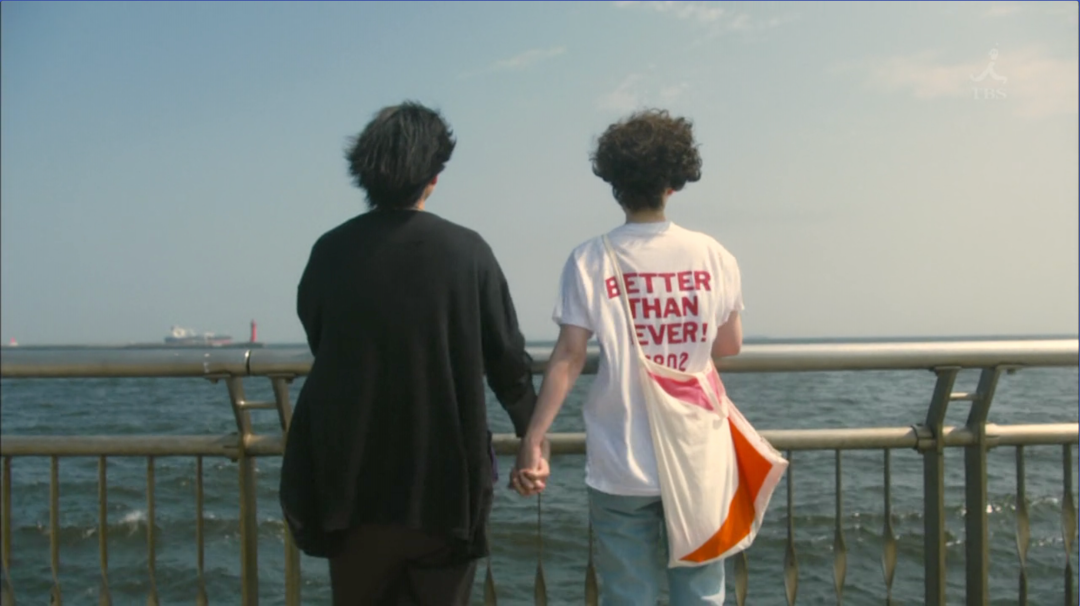
The city is like a sponge, attracting these constant tide of memory, and then swells.
——Ikaro Calvino "Unsable City"
Who has the right to use space? I feel that I am in this city. From all aspects, it is also my city.
—— Peter Moscowez "Kill a City"
01.
Young people who are running away from big cities
The young people have been brewing to escape from Beishangguang.
Big cities are not livable enough. They began to "squat" a livable city in Xiaohongshu, and communicated with each other in groups such as Douban's "worship first cities" and "Social Animal Migration Plan". They "believe everyone can find their own habitats and life" and find new exports for their lives.

Search "Squat a livable city" in Xiaohongshu "
Recently, we chatted with several friends who live in Beijing and talked about the feelings of big cities and imagination of livable cities.
From university to graduate students to work, from time to time, the lotus leaves who have been drifting for 8 years will miss the snack streets next to the school. She joked her "honeymoon period" in college time: "At that time, I felt that everything in Beijing was, really. At night, I could slip out of the school side door to eat roadside stalls, fried skewers, beef soup, roasting The cold noodles, the uncle who set the stalls confused. Later, the alley was renovated and renovated, and these were gone. Later, Starbucks was opened. A group of poor students couldn't afford it. "
It took me a week to decide to leave Beijing, but these years she spent a lot of time and energy to re -adapt to the city again and again. "I feel that life in Beijing is becoming more and more monotonous." He Ye liked to watch movies and watch dramas. This was a major reason she liked Beijing. "I used to grab tickets with my roommates before, and I knew any delicious people nearby." After work, I know. "After working, the lotus leaf rarely went out to watch the drama. The company and the home were two points In the first line, 50 minutes of commuting at get off work, "It's enough to watch a movie, but unfortunately you have to pour the subway."
Lotus leaf likes fireworks on earth, such as various hawkers and roadside stalls in the night market, which can best interpret her imagination of urban life. The livable city she conceive must be like this: "You can ride a bicycle at work without squeezing the subway. By the night of the street, it can be lively, just like college."
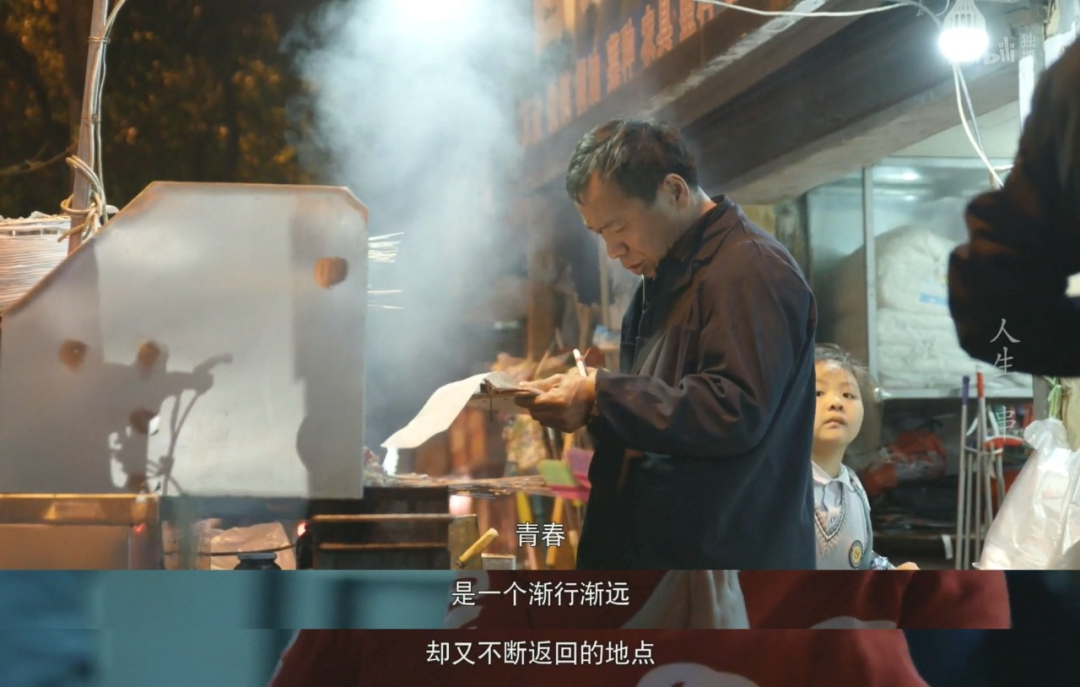
The amateur photographer Xiaofeng moved from Shanghai to Beijing two years ago. In addition to taking graduation photos and photos for customers, nearly two thousand photos were saved in his camera, all of which were the Beijing scenery he took. "When I shoot the scenery, I don't like to shoot in a row, and someone keeps pressing the shutter and then picking it again. I don't know that. I generally find a good angle and just press the shutter at one time. After three years, he saved a sum of money, enough for him to temporarily do a free career in Beijing. He leased his friends in Beijing, and his friends were nine to five, and often joked that he was envious that he did not need to go to work. "He doesn't know how tired I was when I was in Shanghai."
Xiaofeng likes Beijing's strong humanistic atmosphere. He went to the Forbidden City twice to get full. There was a snowy day and a sunny day. Every time he changed to a angle, a new beauty appeared under the camera. In the urban area, he likes such attractions the most, but one time I rent a car to go to the south to play in the south. He feels that it is good to live in the suburbs. "(That day) I found that driving was so comfortable to drive outside the Sixth Ring Road, but it was the same. Taking a taxi in the urban area could be blocked. The key was blocked, and the best shooting time may be missed."
Two moved experiences are also one of the reasons why Xiaofeng moved his thoughts to move to the suburbs: "The rent is too expensive. We moved the house twice. From the third ring to the fourth ring, the community transformation or the landlord renovated the house to rise, and the house will rise. The price, if you do n’t do it, you will really go to the suburbs one day. "But he did not plan to leave Beijing for the time being. He felt that these disadvantages were only small flaws, and life was not perfect.

Daqi Beibei drifted for 3 years and just resigned naked home. The reason why she came to Beijing at first is like many people because she likes Beijing's strong historical and humanistic atmosphere, and has many job opportunities and good prospects. From the Xiaohongshu Note of the Grand seventh, you can see a lot of photography and exploration strategies about Beijing. She will also go to dance classes on the weekend and watch the exhibition. On the day of Beijing, she was also very fulfilled.
Choosing to leave Beijing, Daqi uses "can't roll" to sum up. When she left, she packed 10 suitcases, and she did not expect that she had so many items in three years. In the first two years, Daqi didn't feel too tired. "Maybe there was a fresh strength just to go. It will be a bit rotten this year, and it can't hold it." The trivial inconvenience of renting life is the reason why she is tired. "Renting a house is a big problem. Living close to it, expensive; stay far, take a long time to commute." Although there are also quite convenient places such as bus subway, takeaway express, etc., she still decided to leave under weighing.
The quality of the livable cities in the New Year will have a higher quality of life, the rhythm is not so fast, and the work is not so hard. It can focus on the health and internal improvement of yourself and his family. She mentioned that she wanted to go to a new first -tier city to try. The rental house was closer to work. She could walk to work. "Although staying in Beijing looks bright, it is actually exhausted."
02.
Who "murdered" a city
The wave of "escape from Beishangguang" has repeatedly appeared in recent years. There are many factors behind this: the fast -paced life of big cities, high -intensity work pressure, the pull of "inner volume" and "lying flat", and eroded personal life by work ethics. The anxiety is the reason for the escape. From the perspective of the city, what factors do we have the impression of a city and the impression of "suitable for ourselves"? It is the roadside stalls full of fireworks, the historical and humanistic atmosphere that the small wind and the big seventh like, or the convenient public transportation, the blocking urban ring line? Going deeper from the appearance involves the problem of urban planning and construction.
Many young people who chose to escape from Beishangguang went to the "new line". In June, Xiaohongshu and the Institute of Sociology of the Chinese Academy of Social Sciences and the "Squat City: Young People Choose a New Demand Insight Report" released by DT Finance, through the results of young people seeking livable cities in Xiaohongshu, statistics The top three of the Chinese livable cities are Changsha, Kunming, and Chengdu, respectively, and only Guangzhou has entered the top 20 in the traditional "Beijing, Shanghai, Guangzhou and Shenzhen" super first -tier cities. It can also be seen from the statistics that young people's understanding of livable cities is also shifting from material conditions such as wages, house prices to personalized needs, such as "Night Market", "Second -hand Old Goods Market", "Surrounding Camping", "Ancient Buildings", "Many ancient buildings" Ownerships gradually increase.
But even a city like a young man like Chengdu has the stage of decline in local culture. Historian Wang Di mentioned in an interview with the interface culture that Chengdu's teahouse culture fell several times after the late Qing Dynasty because of "talking to the country". From this very small slice, we can see that a great tendency in the development of urban development is to attach importance to economic development, and ignore other seemingly "useless" or even "harmful" parts such as community identity.

This is why I do n’t know when, the street stalls and vendors, which symbolized fireworks in the city, are now regarded as “dirty and messy” and died; there are more and more large high -end shopping malls, and there are more and more small shops. Fewer and less; the wide roads are constantly expanding, like the new blood vessels in the city, but there are fewer and fewer small streets that can be strolled in pedestrians. The planning of economic development and ignoring the real needs of the city is a global issue. In such a plan, cities are no longer livable, multiculturalism declines, and even the gap between the rich and the poor is widening. West Village, New York is a typical example. In "The Death and Life of the Big American Cities in the United States" published in 1961, the author Jane Jacobs discussed the charm of Nishimura, which sounds particularly in line with the diverse cities that young people envisioned today: diversified occupations and classes, small and small and as small as A variety of street landscapes and cultural schools with different shapes. Decades later, another free journalist Peter Moscowitz, who grew up in West Village, also recorded his experience of returning to Nishimura from university in "Kill a City" and found that multiculturalism is disappearing.
Jane Jacobus & Peter Moscowitz
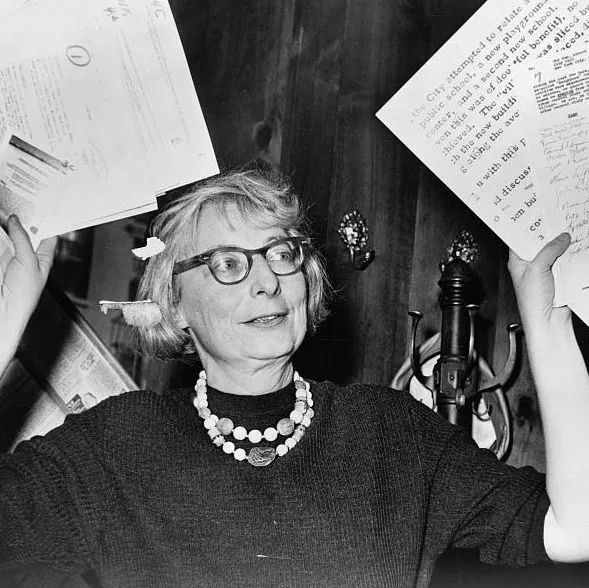

Imagine: If you leave home in college, go to work in the field, and return to your hometown after many years, what can you find? The familiar old streets were demolished and rebuilt; the small restaurants on the old days did not know how to disappear and were replaced by high -end supermarkets, chain cafes or banks; it was once a deserted land full of weeds, and now the grounds are built up. People in the city moved to the suburbs due to house prices ... This is what Moscow Vitz saw in West Village, and it is also the feeling of many young people who "drifted" in big cities.
Development never stops, and seeing that the city is more prosperous, many people don't think it is a bad thing. However, as the old community was renovated and renovated, house prices rose, low -income groups gradually left, and high -income groups occupied the community. Everyone was unfamiliar with each other. There was no space to communicate with neighbors. The diverse local culture that has been familiar with the times is becoming single and boring. Does these constitute a kind of worry about "no longer"? This trend can be summarized in one word: gentlemanization.
Gentrication, also known as gentlemanization and gentry, was initially proposed by British sociologist Rusi Glas. The money people accumulate capital use. In 1979, Philip Clai divided the gentry into four stages: the individuals without government or institutions moved into poverty -stricken communities, and began to renovate the house, which attracted the purchase of real estate, and tried to shape the new community. The refurbishment community will be used as an investment; then the movers will start to obtain the right to speak in the community and dominate the various policies of the community. In the end, the community becomes more and more expensive. Swaking to other places. Xiaofeng's moving experience and the distress of the rents of the Seventh Seventh, to a certain extent, reflect the impact of the gentry on the community.
Today, with the impact of the global wave on cities, many scholars believe that there is still a fifth stage, which is "the hands of global capital goes down to the local community." From the perspective of Peter Moscow Vitz, the gentlemanization also has a "zero period", that is, when the urban planning policy is formulated, the procedures have been acquiescent. Cultural needs, capital investment, and some unreasonable planning policies have enabled gangsters to start.
"Gentlemen" sounds strange, and it is actually everywhere in life. It is one of the power to destroy the vitality of the city. After World War II, such as the theory of "rural cities" and "Guangming City", and cities in major cities in North America, they are committed to designing utopian, commemorative, neat and standardized cities, but ignore the real city. Life and diversity. Jacobus proposes that the essence of cities lies in diversity, and the purpose of urban planning is to give birth and coordinate multiple functions to meet the diverse and complex needs of people. But the real city may be the opposite. In "Kill a City", a black artist living in San Francisco told the author that he had to move away because their studio is about to become a technology company's office space. "All of this is no longer meaningful. Before you walked around, hearing interesting conversations, inspiration was inspired. Now you will only hear people talking about business, and how bad this city becomes." Moscow Vitz also emotioned. The city "shaped my personality and gave me a cherished inner life. Every day I felt this personality and the changes in New York farther away."
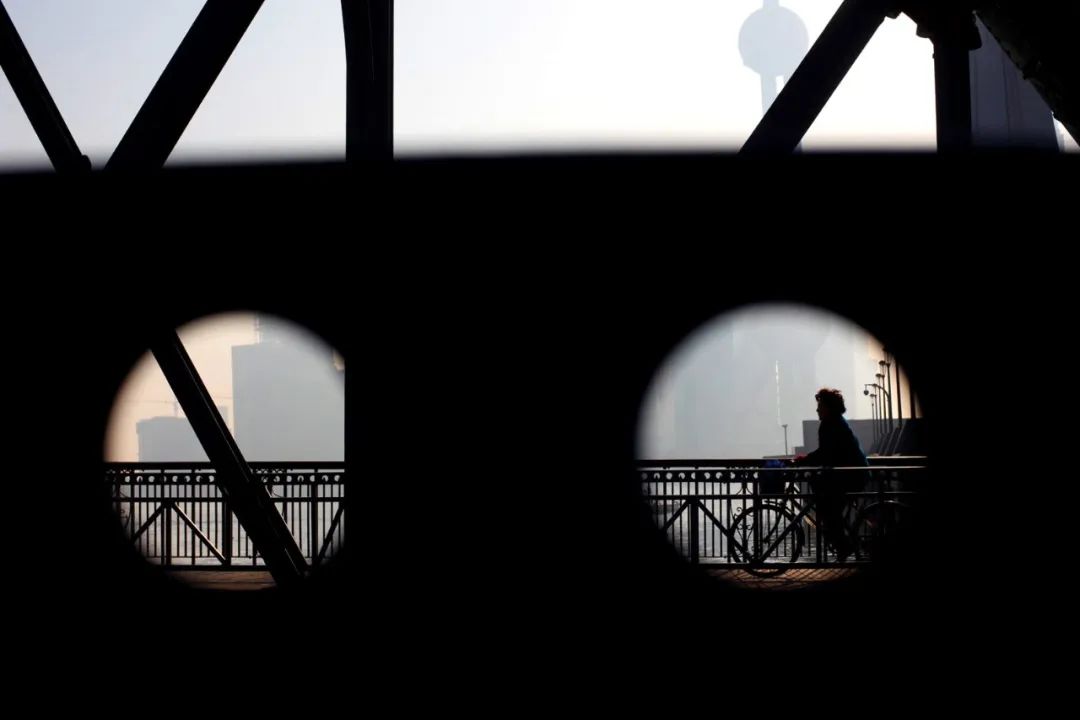
Gentlemen transform into cities bring money, new residents, and real estate after construction, but at the same time, it also makes it difficult for cities to bear it and eliminate diversity. As a result, it is difficult for cities to bred a unique and bold culture. The gentry and disinfection have purified everything, and "killed" a city that should be full of vitality.
03.
"Squat city", squat happiness
When Professor Wang Di talked about the image of the city, he said: "I think the image of a city is good or not, depending on its attitude towards the lower people, and it also depends on the attitude of local residents to foreigners. But it must also provide low -grade ones. "Gentlemenhua has changed the lives of the city from a life that can be used as a person of different levels to the lives of small parts, and builds a city that is really friendly to all residents. Participation, whether it is a large city or a small city, may bring a practical sense of happiness by building the city itself.
Charles Monagemari tells the story of "Happy Mayor" Erik Penialosa in "Happy Mayor". He was running for Mayor Bogo in 1997. At that time, the city was very inaccurate, and various problems in air, transportation, and crime rates troubled residents. Punialosa does not promise to make Bogo's residents richer, but to be happier. He believes that the city itself can bring happiness, so he adopted a series of measures to vigorously build public spaces: build a bicycle lane, park, and pedestrian square. , Library, etc., also increased gasoline taxes and constructed bus transportation. With the implementation of these measures, Boge University gradually became livable, traffic accidents decreased, the number of hospitalizations decreased, the haze was alleviated, people's lives were still on the normal track, and they were happier.
Erk Penialosa in 2007
From the perspective of urban perspectives, protection and release of public land, building public space, and improving infrastructure construction can be a measure to enhance the sense of livability in the city. But the city needs to be built from the bottom up, that is, the actions of ordinary people.
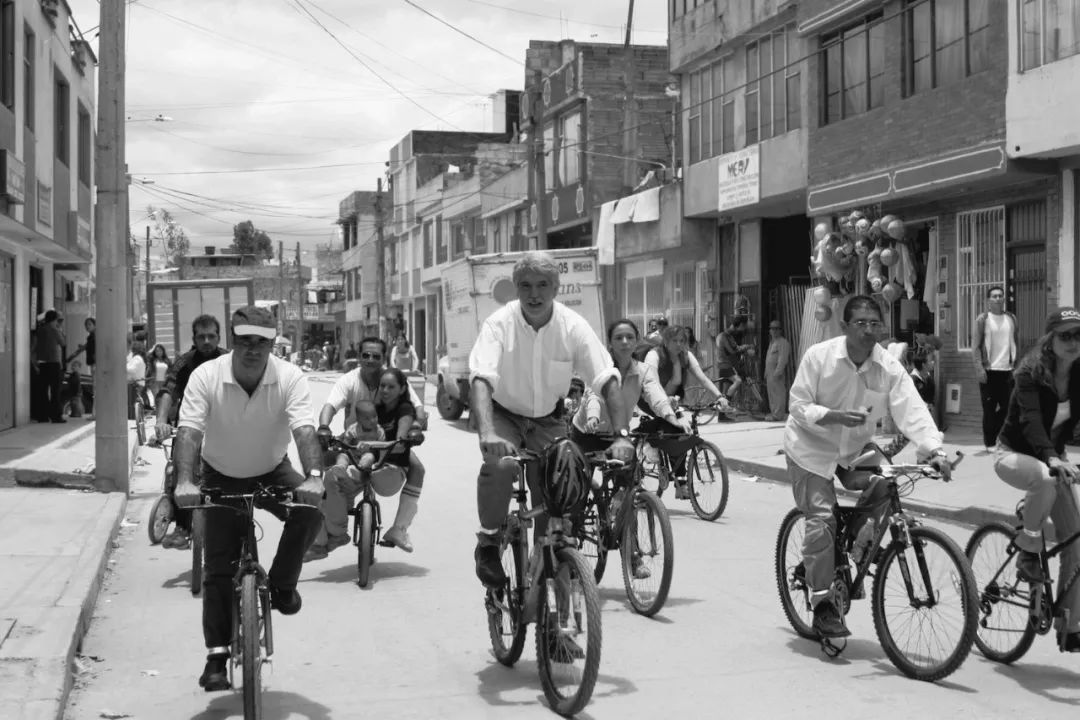
Ignoring the lives of other people will also strengthen the continuous strengthening of gentry. What can we do? Moscow Vitz chose to actively enhance the connection with neighbors. "I deliberately met my neighbors. When I met in the lobby, I would say hello, and I would send an email to them when there was a problem. ... I don't know what the final result will be, but these actions make me live with what I live in There are more connections in this place. "These may be trivial matters, but when they are together, they can recognize each other's life and significance, and establish a consensus that should have the appearance of the city, so as to promote the mutual shape between the individual and the city. Plastic.
In the face of inaccurate cities, "escape" can also be one of the options. Gong Shun, an associate researcher at the Institute of Sociology of the Chinese Academy of Social Sciences, commented on the statistics of the "squat city". It is believed that young people now want to seek more livable cities do not mean that they want to lie down. People have a new standard of life. " Choosing to live in another place means to examine your own habits, face your relationship with the city, and think about what is a good life. And once we start to think and choose where to live, how to live, slow down, and look for precious connections between people, we have already contributed to the construction of a happy city.
Now, Daqizheng is temporarily resting at home, the pace of life slows down, and the anxiety is gradually moisture. Her mood is much better. "It's really cool at home!" I could feel her comfort across the Chat in the Saibo. The lotus leaf intends to use the money deposited by the work to turn around in different cities to find a livable city with strong fireworks in your mind. Xiaofeng is still shooting Beijing everywhere -the beauty of the city under his camera will not be destroyed by gentry.
And all the pursuit of happiness will return to the essence of urban construction. For example, Yu Kongjian, a professor of construction and landscape design at Peking University: "City is a living organic body, and urban planning itself is also a living process of life. Morality, more precisely to respect and care for the values and morality of ordinary people is the heart and soul of the beating in this life. "
Therefore, "squat city" is actually "squatting life".
I wish us "squat" to a happy city.
Bleak
Book list in this issue
"Kill a City"
[Beauty] Peter Moscowitz is Wubina / Lai Yanru translation
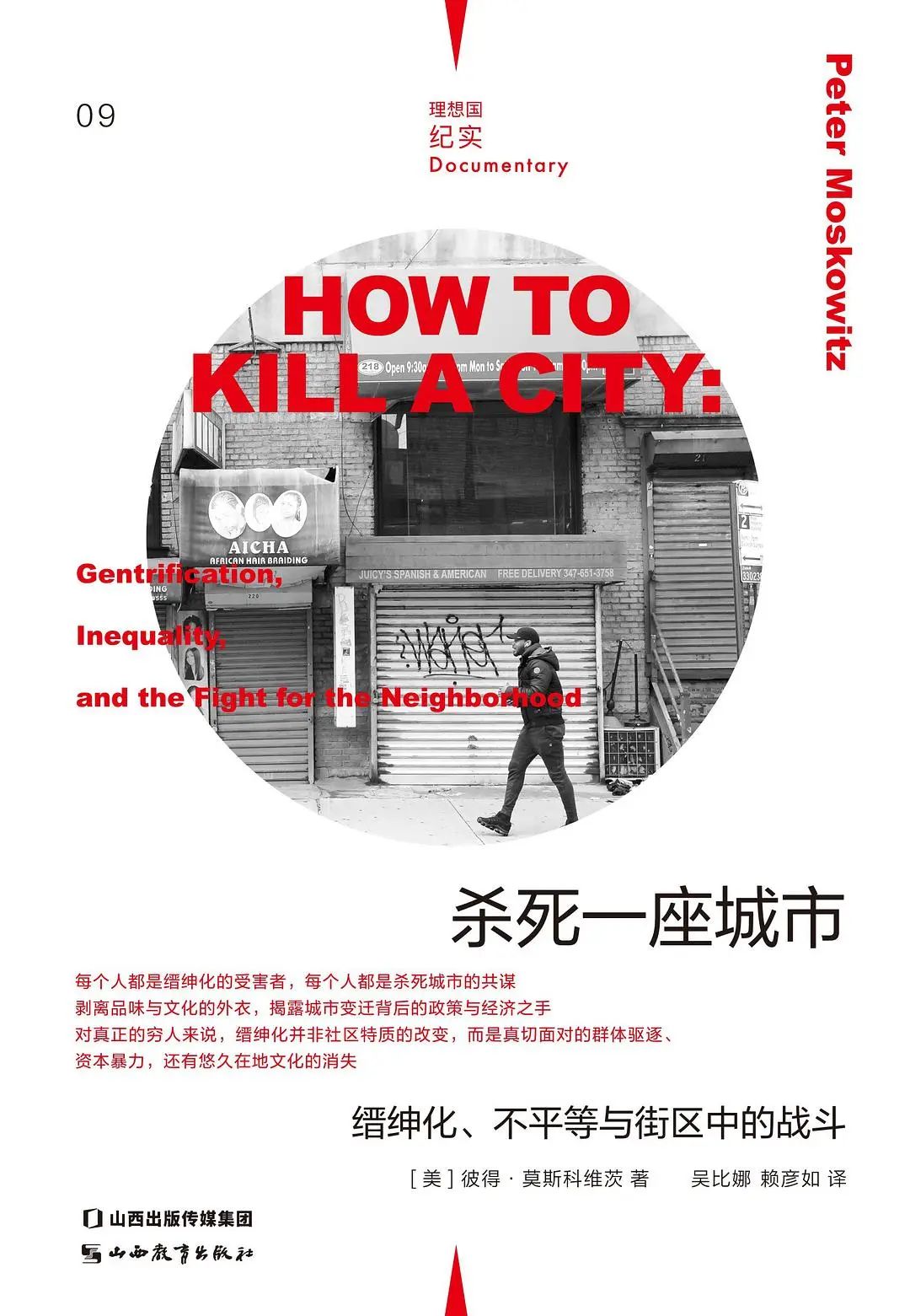
"Happy Urban Habita"
[Canadian] Charles Monagemari
Wang Fan translated
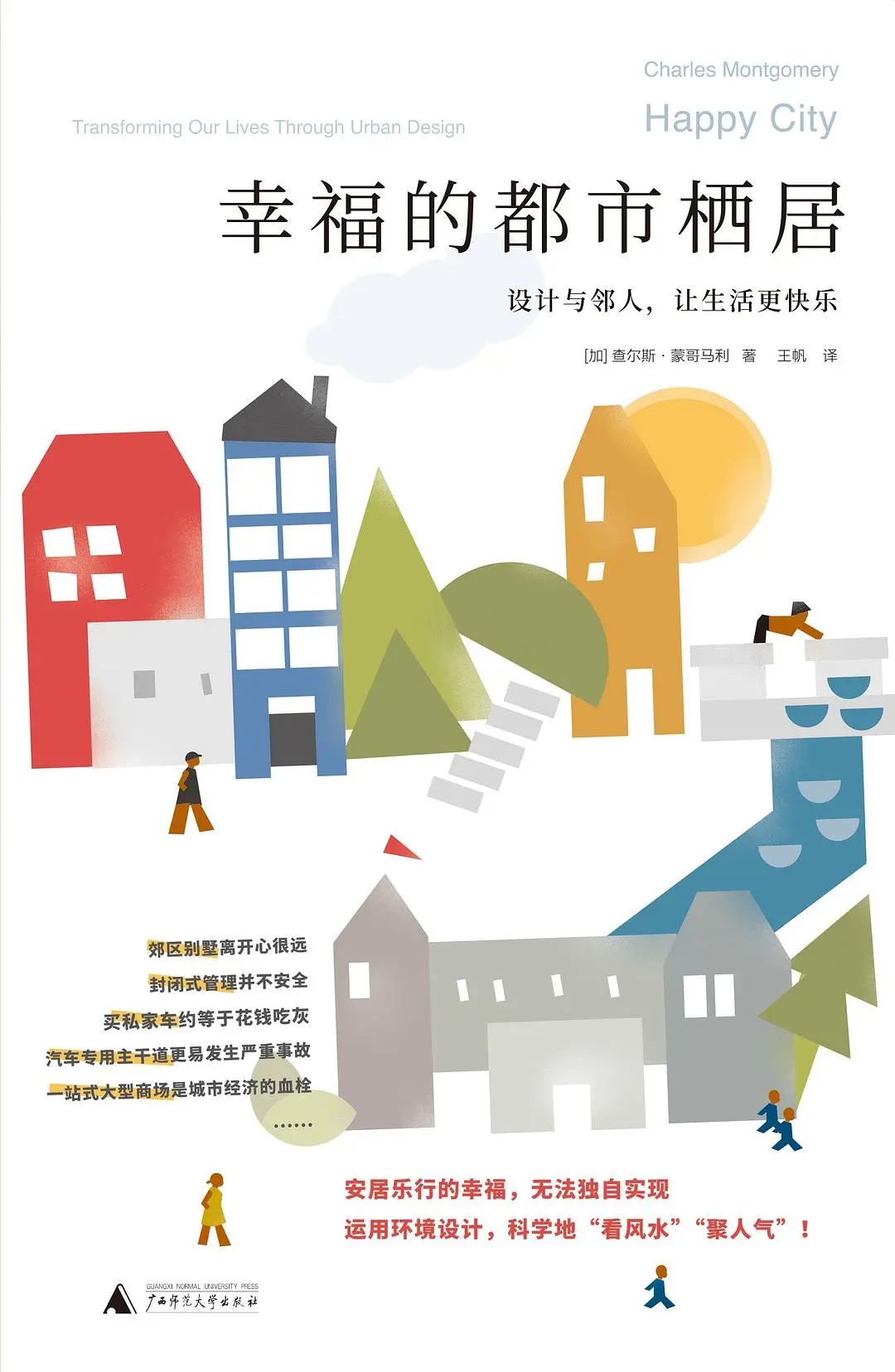
"Death and Life of the Big American Cities"
[Mei] Jane Jacobus
Kim Hengshan Translation
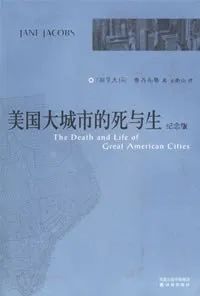
Bleak
At the end of the article
What is the livable city in your mind?
Reference materials:
1. [Mei] Peter Moscowitz "Kill a City" | Ideal Country
2. [Canada] Charles Monagemari "Happy Urban Habita" | Ideal Country
3. [US] Jane Jacobus "The Death and Life of the Big Cities in the United States" | Translation of Lin Publishing House
4. Yu Kongjian: "The mirror hanging above the city -Read" The Death and Life of the Great Cities in the United States ""
5. Red Net Moment: "Little Red Book United Academy of Social Sciences Report: Nearly 90 % want to change to a city life"
6. Interface Culture: "Historian Wang Di: The image of a city depends on its attitude towards the lower people | Interview"
Written article: Nine tube
Pictures and sources: "One Strings of Life", "City 24 Hours"
"The Silent Leisure", "Beijing Love Story", "Six Hundred Miles to Fuyang"
想 Read the original text, the ideal national documentary series "Kill a City"

- END -
Who will "grab rice bowls" or even "smash rice bowls" around the world
Recently, senior officials in charge of multilateral affairs in the United States in charge of international development cooperation have accused China of accumulating food, pushing up the prices of f
Liangshan Town holds the knowledge contest of the "Greating Twenty Congress of the CPC with the Party Forever"

Zhangjiachuan County Rong Media Center News (correspondent Dou Lingzhi) In order t...